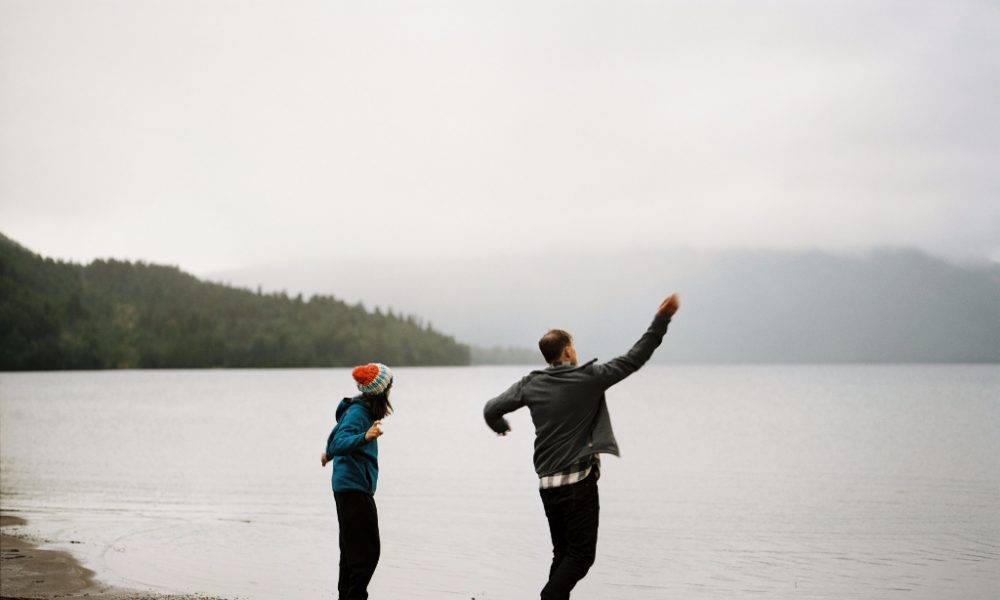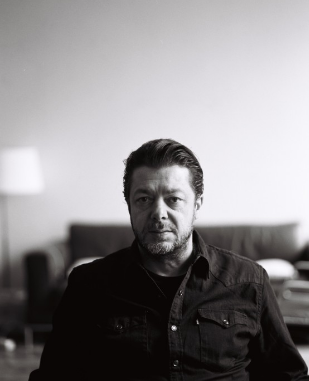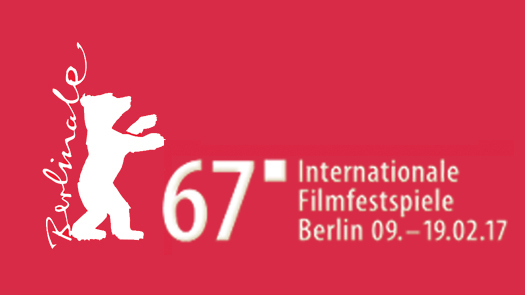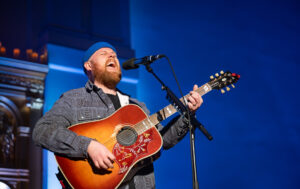Helle Nächte (Bright Nights): An interview with director Thomas Arslan

German director Thomas Arslan has brought his new film Bright Nights to Berlinale. It’s an imperfect film, but it has a strange, hypnotic quality in many sequences. The movie tells the story of a father who tries to reconnect with his estranged teenage son while on the way to his own father’s funeral in the north of Norway. We spoke with Thomas Arslan at the 2017 Berlin International Film Festival.
It’s an interesting idea for a narrative, a road story combined with the story of a father and son reconnecting. How did you come up with a fresh take on this genre?
First it was that I wanted to develop a story that was closer to my own life and experiences, when compared to my last films, which were more genre based. So this really was the starting point. I developed this kind of father and son story because this is something I know from my own life. But of course, it’s not straight out of my life. I have a very different relationship with my own father, so it’s a mixture of things I already knew about these types of relationships.
Was it always your intention to make a road movie, instead of the story of the reconnection (or attempted reconnection) taking place in another type of setting?
It was important for me to have them in a surrounding where they would be stuck together. I thought it was more fitting in a remote landscape than a big city, where after whatever happens, you can just go to the tube and go away, so it was important to have them somehow have to get along with each other. This was the question for me, and everything else developed out of this idea.
There is a noticeable lack of dialogue. How did you craft your narrative and direct your actors so that their story could be conveyed without many words?
For me it was not just a formal decision to do less dialogue as an abstract idea. For me this lack of dialogue is very connected to the story, These two characters, the father and son, had not been building up a standard relationship throughout their lives, so they had to build it up again, to restart. So I guess it gets really complicated to find the right way to communicate with their language and their gestures. This is a big problem for them, to find a place where they can start their relationship again. And the father is trying to talk to his son at least, but the son, his main interest is that it’s not important for him to talk about what is happening in his life and why. So it was a chance to bring these two types of characters together, and to give them a chance to interact with each other.
The ending is hopeful, but not conclusive with regards to their relationship. Was it important to leave some ambiguity as opposed to an overtly happy ending?
Not totally out of my own personal reference to develop this story, but it was important for me to have a special moment near the end where there is a special moment between the two characters, like when they are going to actually touch each other, and whether the son will allow it, so it’s really a step for them. You don’t know if their relationship will be stable at the end, but it’s a step, it’s a start, and you don’t know in what way it will continue. Of course, it’s not the first film with a plot that looks at the relationship between a father and a son, but I did try to be original story-wise. I guess all original stories have been told somehow, so it’s about trying to find some type of variation of this type of story.
Did shooting in the wilds of Norway allow for much spontaneity?
With some exceptions, it was very planned. We had to. We only had 24 shooting days, which is not much. And we had some logistical issues with using a juvenile actor as well, since he was not allowed to shoot for more than eight hours each day. So it was complicated, very tight, and we had to be prepared. Most things needed to be very precise.
Tristan Göbel, the son, is a real find. Is it hard to cast child actors, particularly for such an important role that demands so much?
Many kids of his age are not with an agent, but it was pretty clear when we met him that he was the right one for the film. And it was helpful that he had made some films before. But on the other hand, he’s very open in front of the camera. He hasn’t developed standard tricks or mannerisms. So he was just perfect for the project.
Oliver Johnston
Photo: Schramm Film / Marco Krüger
Read our review of Helle Nächte (Bright Nights) here.
For further information about the 67th Berlin Film Festival visit here.
Read more reviews from the festival here.
Watch a clip from Helle Nächte (Bright Nights) here:





















Facebook
Twitter
Instagram
YouTube
RSS